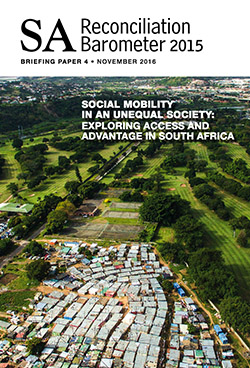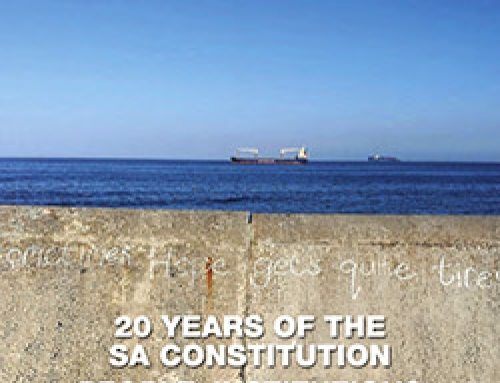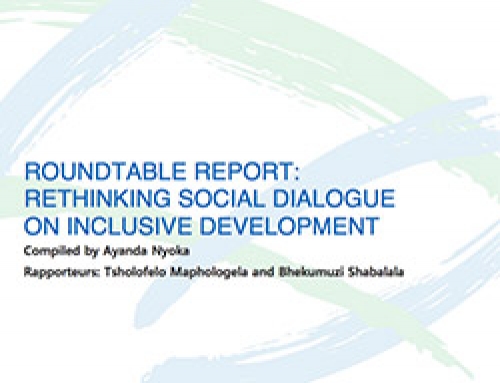
SA Reconciliation Barometer Briefing Paper 4
In the first set of results that was released from the 2015 South African Reconciliation Barometer (SARB) survey, it was reported that more than two-thirds of respondents felt that they had little or no trust in South Africans from racial groups other than their own, while a majority of respondents identified the gap between rich and poor as the most divisive aspect of South African society. The second set of results, released in 2016, explored ordinary South Africans’ sense of economic security, their sense of deprivation, the way in which they view their financial situation in relation to others’, and whether they feel that progress has been made in addressing the economic backlogs caused by apartheid. Findings in this regard point to a persistence of racialised responses and experiences where perceptions of economic security among ordinary citizens are concerned. In 2016, social relations were placed under further strain against the backdrop of a tough political and economic environment. Persistent socio-economic inequalities continue to affect the progress made in terms of social cohesion and reconciliation in a post-apartheid South Africa, while efforts to address these inequalities have not been successful. In an attempt to understand the multiple layers of socio-economic inequalities in South Africa, this fourth set of results focuses on perceptions of inequalities in opportunities – and thus inequalities in social mobility, and not only inequalities in outcomes. Individuals’ perceived access to the financial resources and social capital required to achieve self-identified goals are explored, as well as their perceptions regarding having the required education and physical mobility needed to achieve their goals, with the aim of offering insights into who feels that they have sufficient access and advantages to fulfil their potential.
By: Elnari Potgieter
Pages: 24
Dimensions: A4
Date of publication: 2016




